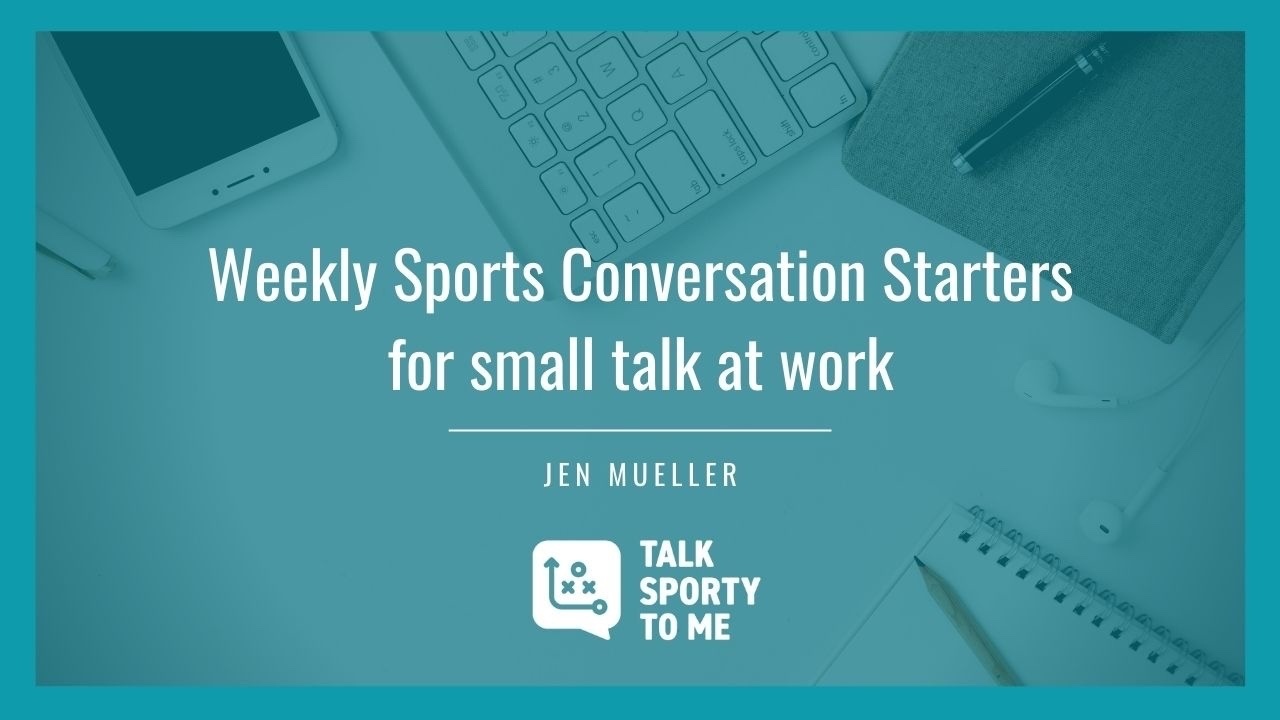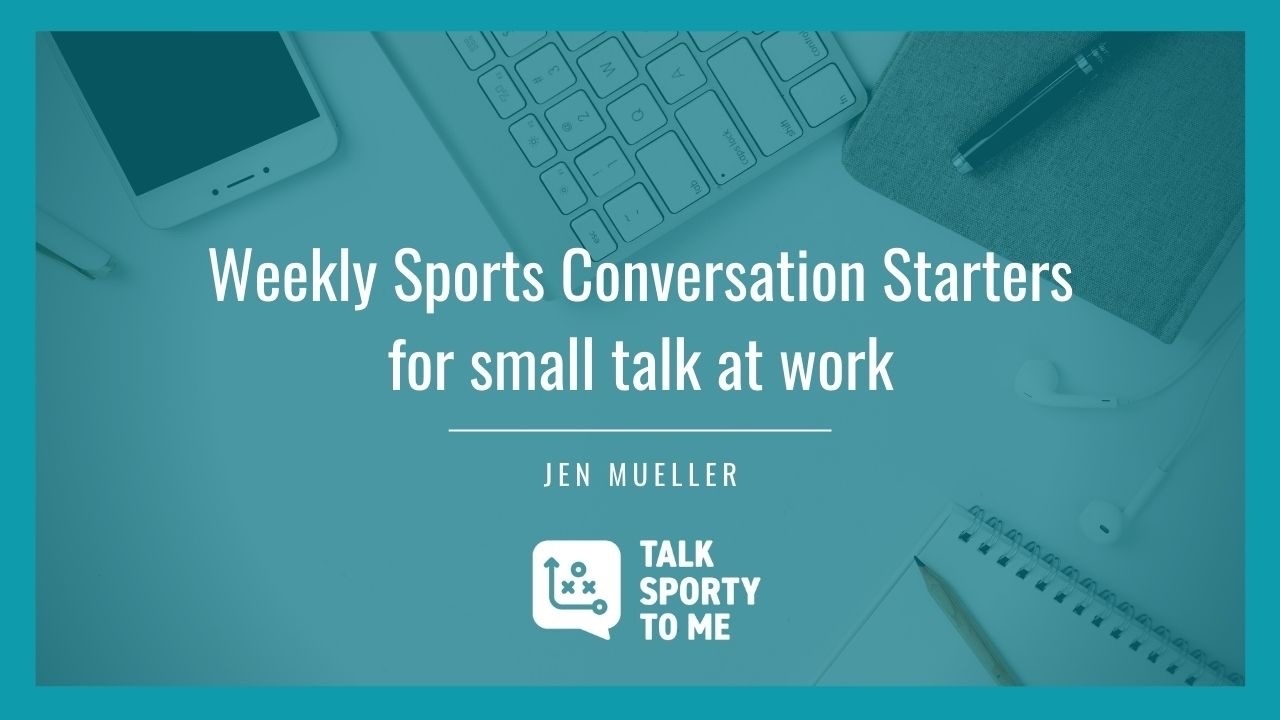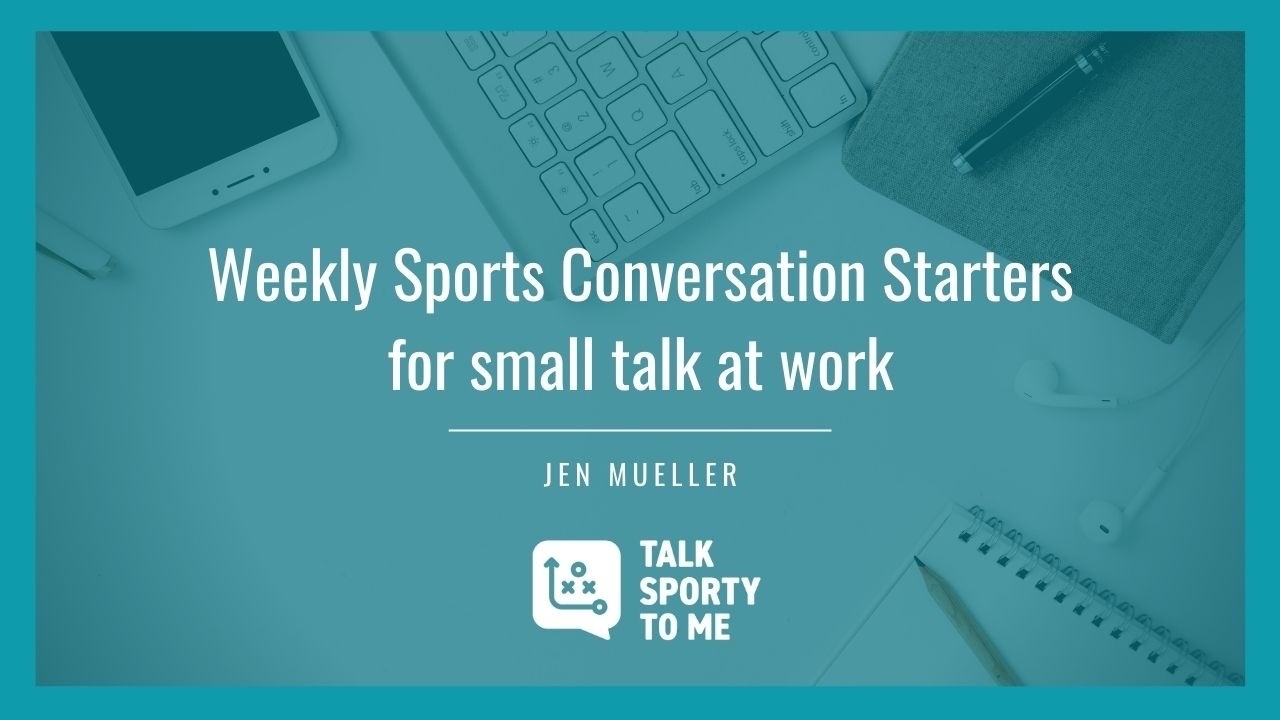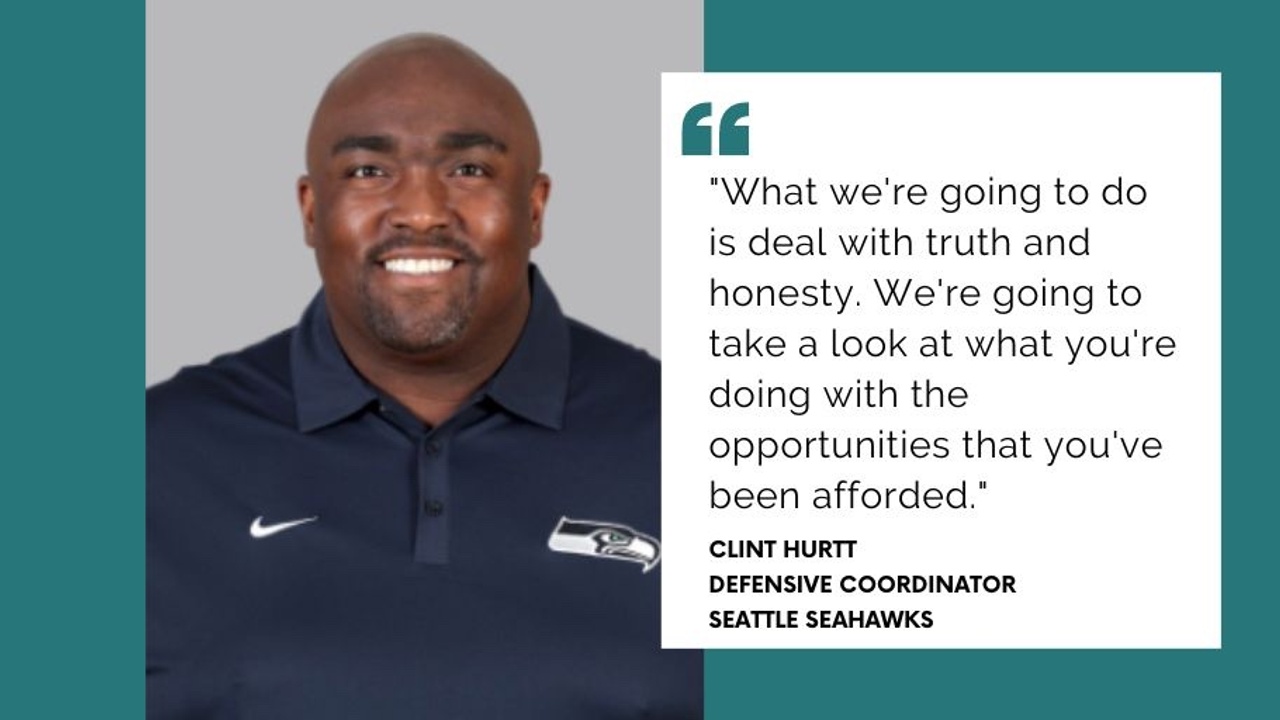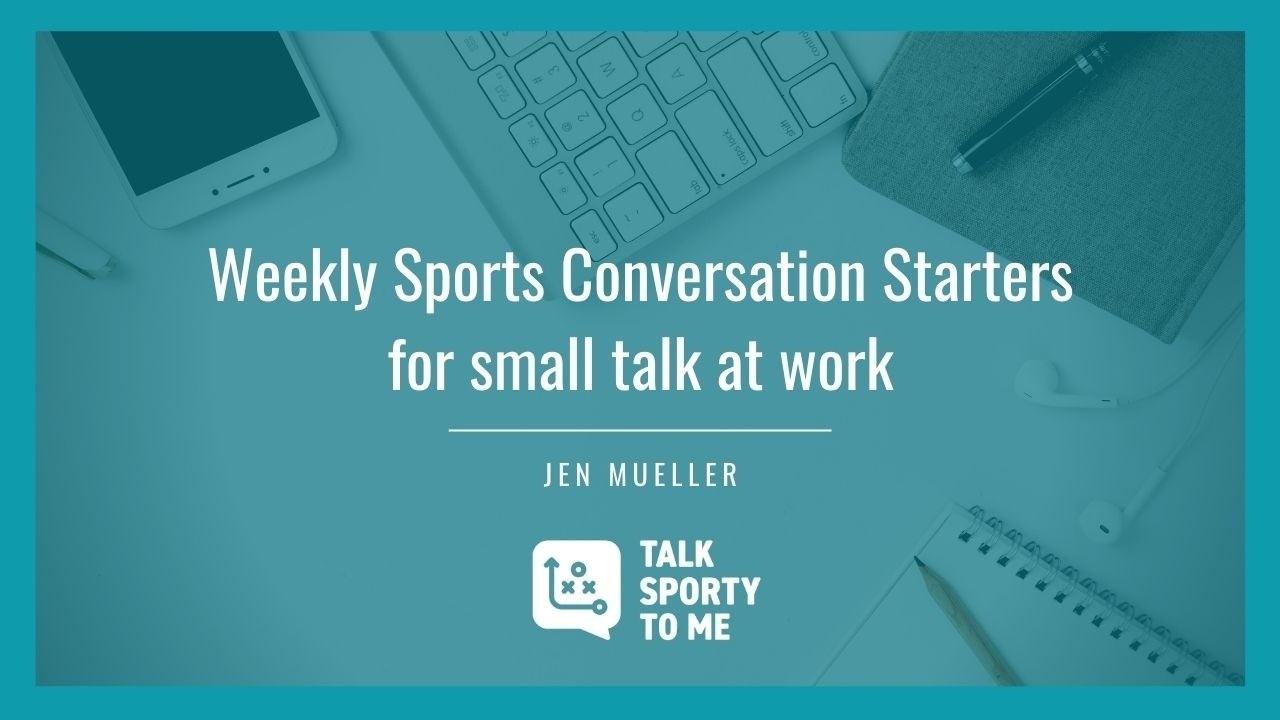No tricks only treats for sports fans Monday because it’s the second Sports Equinox of the month. That means all four major sports leagues are in acti...
Hard work pays off, but it doesn’t necessarily speak for itself. You have to be able to articulate your value because the answer to the question: “Doe...
Compared to any other time of the year this is the busiest stretch of sports, with the most variety of sports being played. That means it’s not hard t...
I had predetermined how the conversation was going to go, and I didn’t do a good job of listening or asking questions.
It’s happened a few times duri...
"What was he thinking?"
"How could the team be so bad?"
"What the heck happened in that game?"
Every sports fan asks questions like these. It'...
Drama comes in many forms and sports has just about every kind you can think of. Unpredictable finishes, unlikely outcomes, tension between teammates,...
We are a quarter of the way through the NFL season. If you’re not already a fan, now is a great time to get on board. What’s in it for you? Multiple...
After watching the Seattle Mariners clinch a playoff spot for the first time in 21 years, I was reminded of how much sports means to fans. Sure they c...
Following results of every single game can be time consuming… and depending on the team you follow – tedious.
If you’re not the type of person who en...
In traditional business settings there’s performance review “seasons.” In sports, every game during a season offers its own performance review. Certai...
Busy, hectic, full... if all of these words could be used to describe your schedule these days, I get it.
I also understand that its easy to skip th...
The NFL regular season is underway and if you need a default conversation topic from now until the Super Bowl on February 12, football is a safe bet. ...



